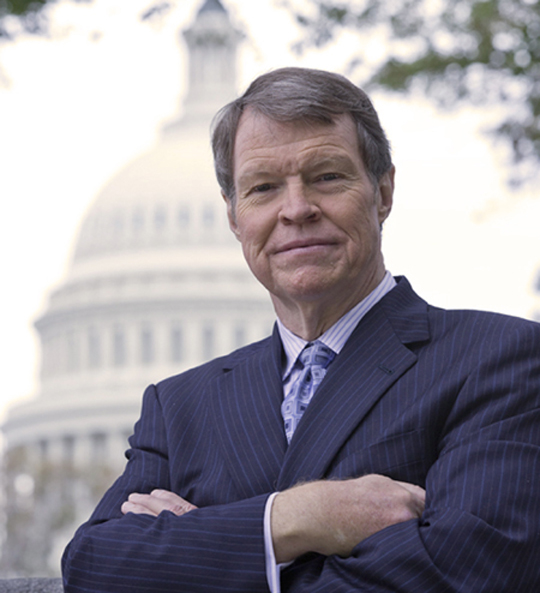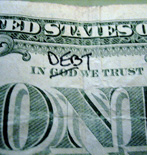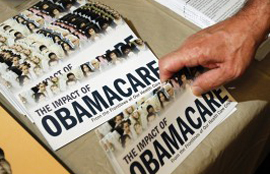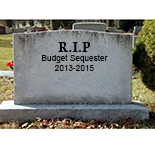
Merrill Matthews, Ph.D., is a resident scholar with the Institute for Policy Innovation, a research-based, public policy “think tank.” He is a health policy expert and opinion contributor at The Hill. He also serves on the Texas Advisory Committee of the U.S. Commission on Civil Rights.
Dr. Matthews is a past president of the Health Economics Roundtable for the National Association for Business Economics, the largest trade association of business economists. Dr. Matthews also served for 10 years as the medical ethicist for the University of Texas Southwestern Medical Center’s Institutional Review Board for Human Experimentation, co-author of On the Edge: America Faces the Entitlements Cliff, and has contributed chapters to several books, including Physician Assisted Suicide: Expanding the Debate and The 21st Century Health Care Leader and Stop Paying the Crooks (on Medicare fraud).
He has been published in numerous journals and newspapers, including The Wall Street Journal, Investor’s Business Daily, Barron’s, USA Today, Forbes magazine and the Washington Times. He was an award-winning political analyst for the USA Radio Network.
Dr. Matthews received his Ph.D. in Humanities from the University of Texas at Dallas.
If Donald Trump Becomes President, 6 Stocks to Buy
If Donald Trump were successful, multinationals like Apple, Google, they wouldn't have to try to use the tax system to hide their profits in other countries, IPI's Merrill Matthews tells The Street's Emily Stewart.
President Obama's Credit Card Abuses Are Much Worse Than Marco Rubio's
When low-information voters put Barack Obama in the White House, they provided him with a type of credit card—drawn on the U.S. Treasury, otherwise known as taxpayers. Yet for the past seven years the press has been singularly uninterested in how honest and responsible Obama has been with that financial trust.
The Medicare Part D Drug Program Is One Of Government's Most Efficient
Part D has been operating for about a decade, and it clearly defies most government program stereotypes.
Explaining the High Cost of Prescription Drugs
Many brand name prescription drugs are expensive, and there are reasons for that. But most of the proposed political "fixes" would only make them more expensive or ensure they never reach the market. The better solution to controlling prices is to reduce onerous regulations an expand competition.
You Can't Believe China's Government Data
For all its pretense to want to join the developed countries as an economic equal, China has never learned the lesson that competition, transparency and the rule of law lay the foundation for prosperous economies — and good business relations.
Budget Deal Perpetuates the Social Security Trust Fund Fiction
The budget deal perpetuates the Social Security trust fund fiction by borrowing from one trust fund that has loaned its assets for IOUs to save another trust fund which has spent its IOUs.
Huge Obamacare Premium Hike Could Cost Hillary Clinton The Election
Dsigruntled voters struggling to pay Obamacare’s exploding premiums or seeing their policies canceled could make the difference in Hillary Clinton's needed swing states.
A Tech Revolution Is Quietly Taking Place In Healthcare
While policymakers, and the country, struggle over challenges facing and created by the Affordable Care Act, real healthcare reform is happening almost completely outside of that loop, driven by technology and innovators.
If Donald Trump Was President, Here's What Would Happen to the U.S. Economy
"His tax plan is one of the most dynamic and pro-growth tax plans out there," said Merrill Matthews, IPI resident scholar. "You would find a huge amount of new business investment and companies willing to put their money out there to begin growing the economy."
RIP: Budget Sequester, 2013-2015
The budget sequester had a short but meaningful life. It successfully helped to control federal spending, which is why Democrats and many Republicans had to snuff it out.








